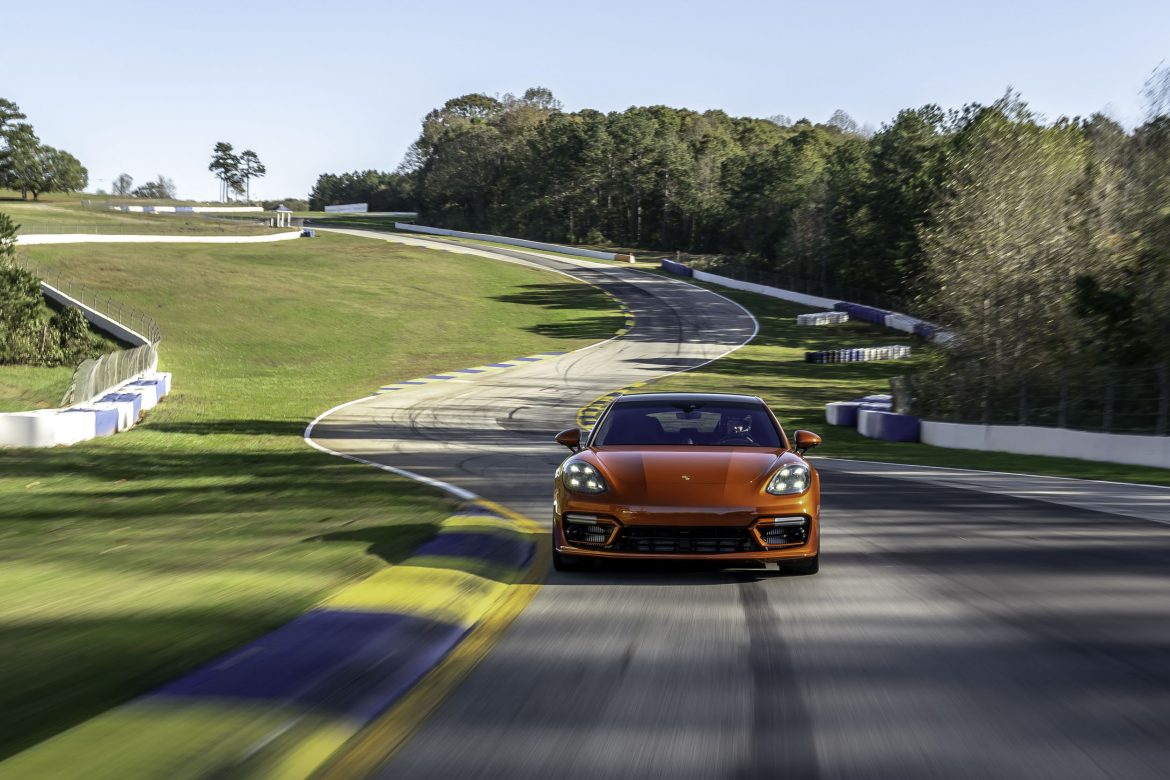European countries have been quick to implement national lockdown policies to contain coronavirus infection rates, from Germany to the UK. Yet, US citizens have not yet experienced a national lockdown during the ândemic. Does it mean that we can carry on driving around and getting to work as per usual?
President Joe Biden has already hinted that a nationwide lockdown would be a measure of last resort. He doesn’t favor a cross-states lockdown as it would be too difficult to get it under control. However, President Biden is likely to encourage local restrictions in areas that are more exposed to the virus. A targeted restriction approach would see some regions move into strict self-isolation.
Local authorities could help establish temporary lockdown measures in places where hospitals have been pushed to the limit. The US intends to avoid the nationwide shelter-in-place shutdown policy that has become popular in Europe. Instead, you could experience tougher restrictions based on your ZIP code or region.
WHAT WOULD HAPPEN TO YOUR CAR?
If you consider what’s happening in Europe, some of the tougher restrictions include home-based work whenever possible and limited commute. Authorities in the UK are stopping suspicious vehicles that appear to be out of their local area. Without a reasonable reason for travel, drivers are fined. We could see a similar situation in some of the most vulnerable ZIP codes in the US.
On the one hand, commute restrictions could positively reduce infection rates and covid-19 exposure. This would reduce pressure on hospitals and ensure we can get back to normal quickly. But, when you don’t need to drive to work every day, your car could end up being parked on the side of the road for several weeks or months.
In the UK, emergency car repair centers received a high volume of calls at the end of the first lockdown, as car owners struggled to move their vehicles again. Indeed, leaving your car unattended for an extended period of time could lead to corrosion, mechanical troubles, etc. Even if the vehicle is stored properly, it doesn’t mean the engine will start again after long inactivity.
CAN I FIX MY CAR PROBLEMS?
Two things happen when your car refuses to start in the morning. Firstly you need to book an appointment at the local garage, and secondly, you need to get it fixed. However, we know from our European friends that areas that are under tough restrictions can’t provide the necessary services.
Indeed, if your ZIP code is at risk, chances are that the local authorities would have encouraged face-to-face businesses to shut down temporarily. In other words, local garages are unlikely to remain open. But even if your local garage can safely remain in operation, they could have trouble sourcing car parts. Manufacturers and suppliers in vulnerable regions will not be able to carry on with their normal activities.
You may find yourself in a position where you have to troubleshoot your car problems and find a way to fix them without an expert. Thankfully, European newspapers can be a source of information. Many have reported the most common car issues during lockdown:
- Corroded brake pads and disks
- Flat battery
- Flat tires
- Corroded body parts
You can source used parts from auto wreckers, as many also act as a local auto parts dealer . The parts will not be brand new but you can find suitable replacements that work for your vehicle.
HOW TO CHANGE YOUR BRAKE PADS
When you leave your car parked for a long time outside without moving it, your brake pads become exposed to weather changes and moisture. Brake pads can corrode. A small amount of corrosion can be easily removed when you drive, as the friction caused by the motion can smoothen the pads.
However, if the pads are too severely corroded, you will need to consider changing them. Make sure to consult the owner’s manual to identify the jack points for your vehicle and the step-by-step brake pad removal instructions. You will also need a brake tool, brake grease, a socket wrench, and a tire iron. While each car is different, you can find a simple tutorial to give you an idea of how the process works.
HOW TO FIX THE BATTERY (PERMANENTLY OR TEMPORARILY)
Batteries are one of the most frequent complaints about lockdown restrictions. Your car battery charges itself as you drive the car. When the vehicle is inactive for several weeks, the battery could go flat. When this happens, the engine doesn’t start. It’s important to know how dead your battery is, using a voltmeter to diagnose potential issues. A healthy battery should read 12.4 to 12.7 volts.
If your battery is low but still above 12 volts, you could recharge it with the vehicle alternator and go for a drive to bring the level up. However, if the battery is below 12 volts, you will need a specialist charging device to jumpstart it. When the battery is too low, it will not be able to hold the charge properly, at which point you need to replace it. You can follow this handy battery replacement instruction for guidance. Ideally, you’ll want a new battery rather than a used one.
EVS ARE BETTER FOR LONG PERIODS OF INACTIVITY
Sourcing parts for your car will be the most challenging issue when it comes to keeping your vehicle road-legal during the pandemic. Some parts, such as brake pads and tires can be sourced from wrecked vehicles when supply routes are disrupted by COVID-19. Batteries, however, are another kettle of fish. Experts warn against placing a used battery in your engine.
That’s precisely why electric cars could become a much more reliable alternative in a post-pandemic world. Indeed, there is a vast choice of options, suitable for all budgets, and plenty of financial support to help owners maintain their EV. More importantly, you only need to plug your vehicle into a charger to keep the battery running, even if the car is parked.
As the pandemic challenges are showing no sign of slowing down, the US will need to adjust and implement new strategies. Local restrictions could affect the most vulnerable ZIP codes and bring new challenges for car owners. Protecting your vehicle in the event of targeted shutdowns and disruption requires planning!
Photo Credit: Porsche


